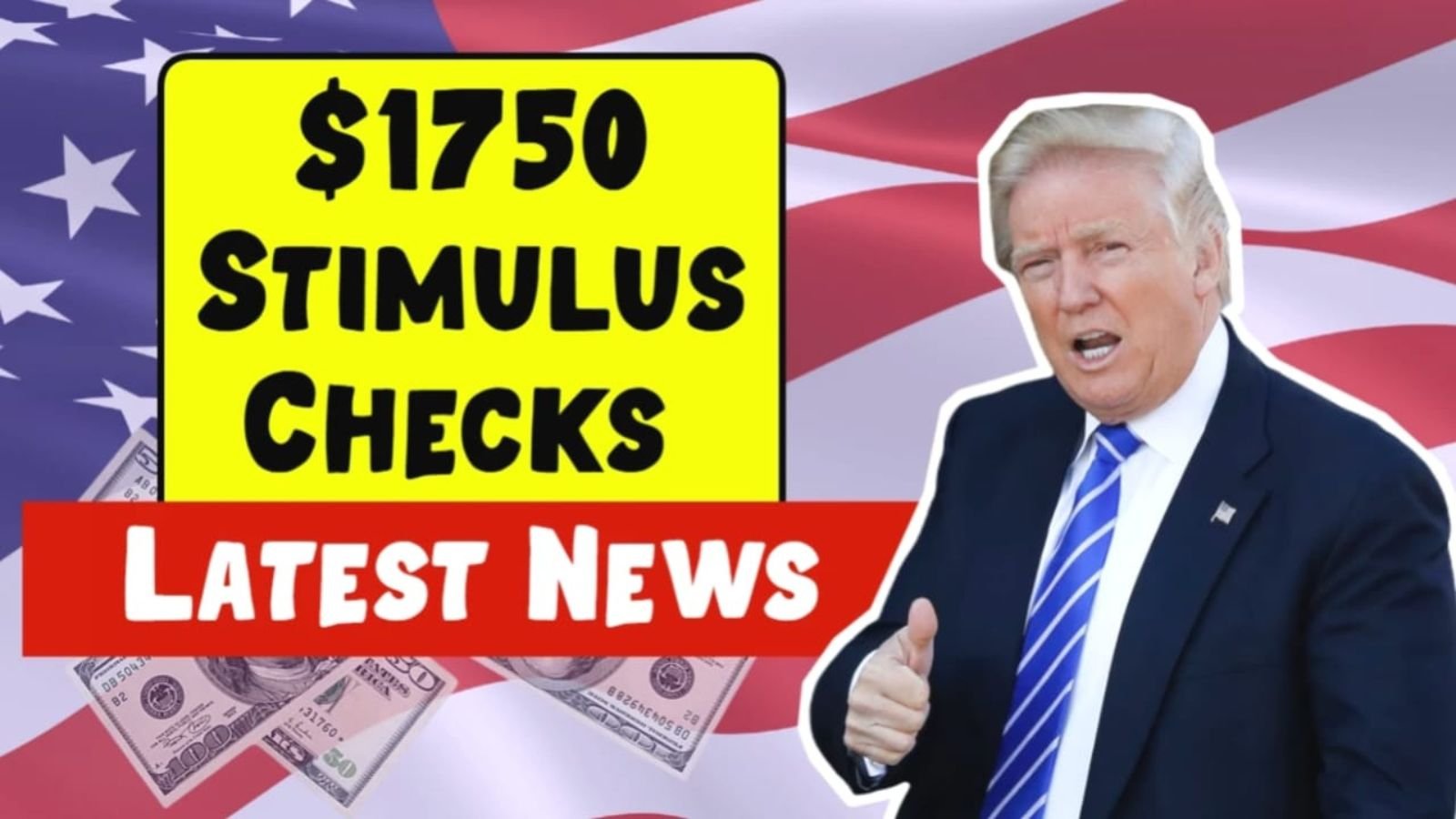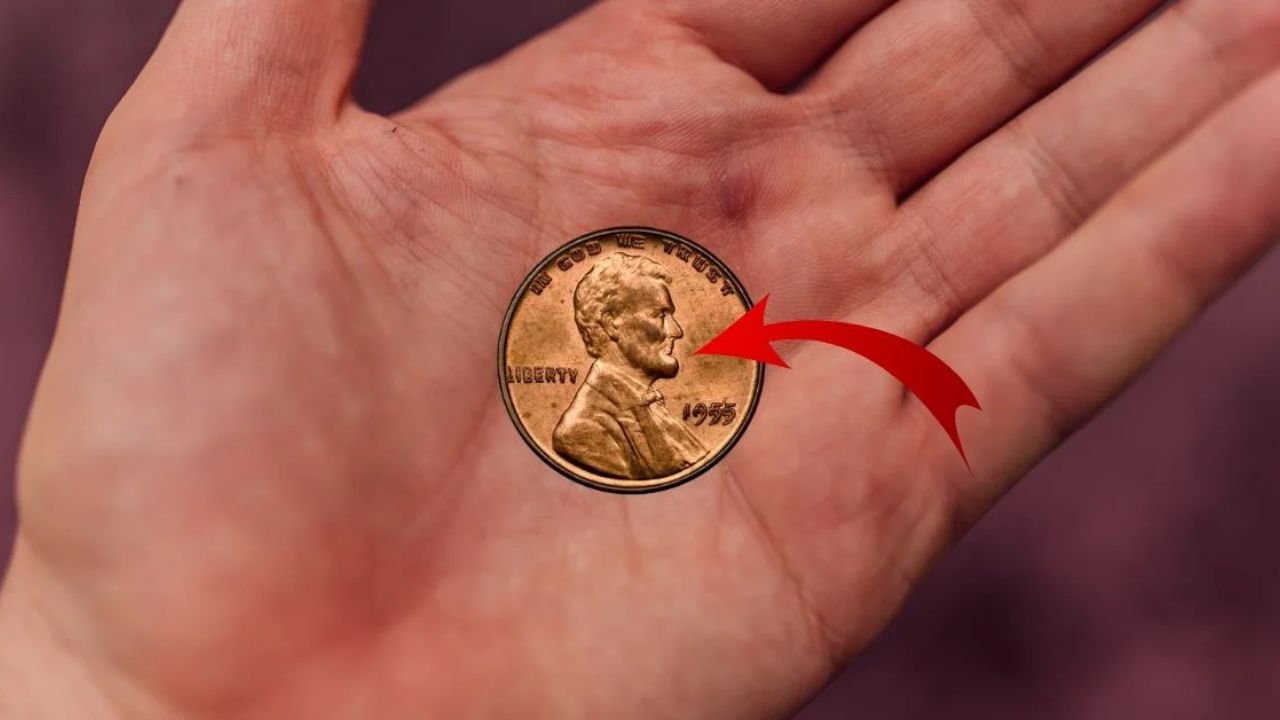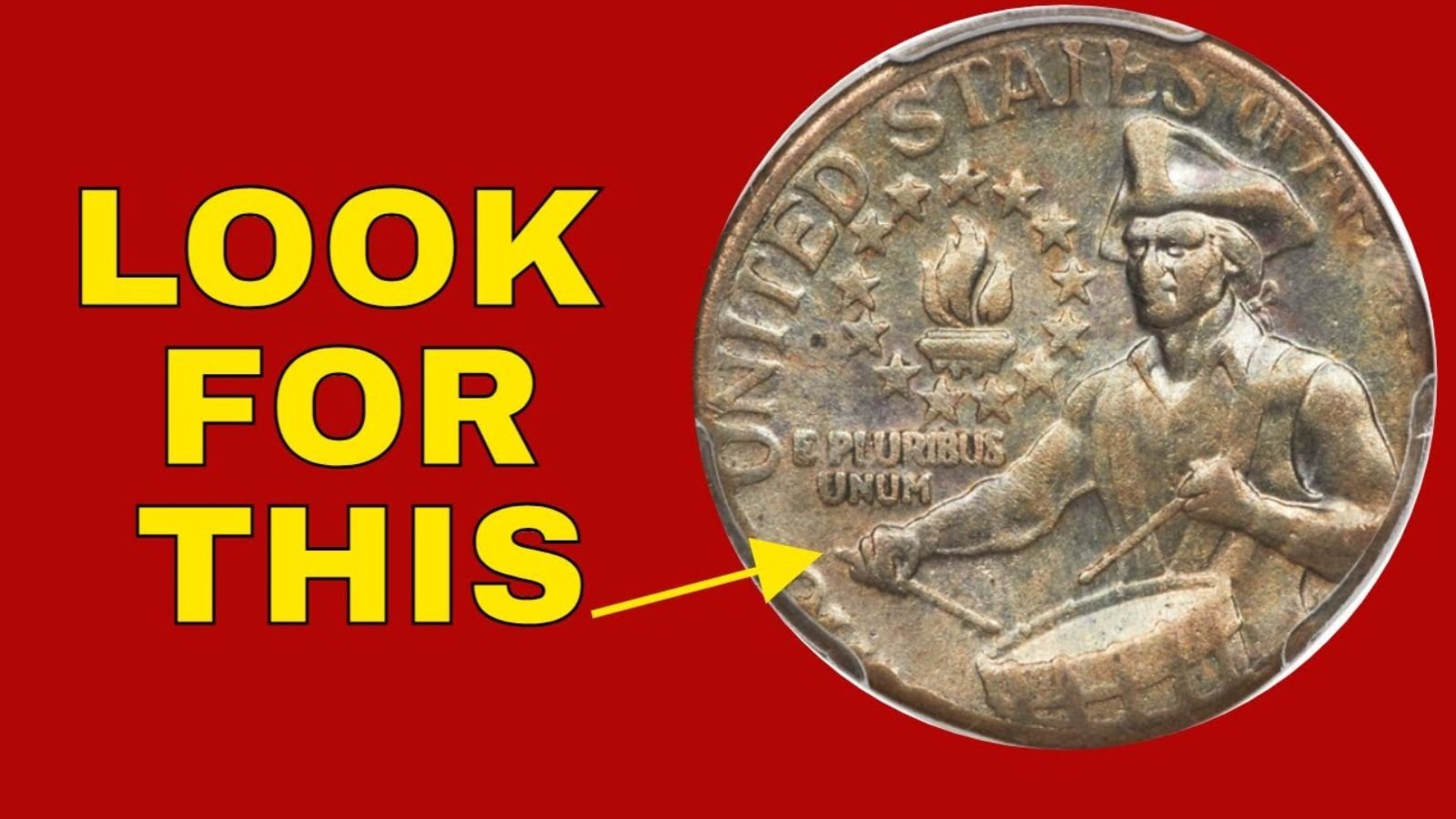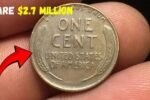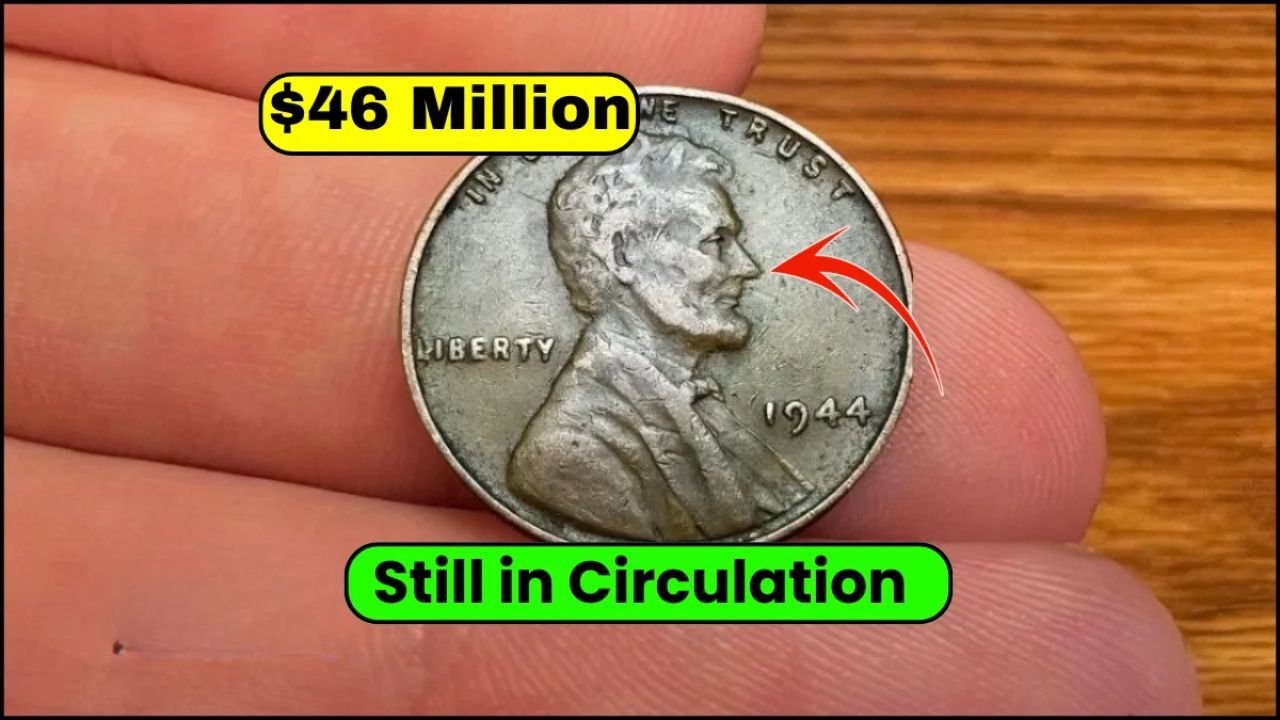In a significant move aimed at supporting American households struggling with high inflation and rising living expenses, the federal government is rolling out a fresh round of stimulus payments. This time, the figure stands at $1750 per eligible person. Dubbed the $1750 Stimulus Checks, this new relief effort is designed to ease the financial burden on a wide section of the population—from working-class families to retirees and social security recipients.
Unlike previous waves of stimulus payments that targeted narrow segments or were capped by limited eligibility rules, this upcoming round promises to be more inclusive. The government aims to reach millions of Americans quickly through direct deposits and mailed checks. This comprehensive guide explains who qualifies, how to receive your payment, what the money can be used for, and how to avoid missing out.
Why the $1750 Stimulus Checks Are Being Issued
Rising prices have affected almost every aspect of daily life. Rent, groceries, gas, and medical bills have seen steady increases over the past two years. In response, the government has approved a one-time $1750 Stimulus Check to provide immediate assistance to those most in need.
The primary objectives of this program are to:
- Help low and middle-income households deal with inflation
- Support those relying on fixed incomes like Social Security, SSDI, or SSI
- Boost consumer spending to aid economic recovery
- Offer a cushion for essential living expenses such as rent, bills, and food
By giving people a direct cash infusion, policymakers hope to alleviate short-term financial pressure while promoting long-term economic stability.
Who Is Eligible for the $1750 Stimulus Checks?
Eligibility for the $1750 Stimulus Checks is broader than prior relief efforts, ensuring that more individuals and families can qualify. You may be eligible if:
- You are a U.S. citizen or a legal resident
- You filed a federal tax return for the most recent tax year—even if your income was zero
- Your Adjusted Gross Income (AGI) falls within these limits:
- Under $75,000 for single filers
- Under $150,000 for married couples filing jointly
- Under $112,500 for heads of household
Additionally, if you receive any of the following federal benefits, you’re likely eligible:
- Social Security (SS)
- Supplemental Security Income (SSI)
- Social Security Disability Insurance (SSDI)
- Veterans Affairs (VA) benefits
People with dependent children or elderly dependents may also receive additional support. If you’ve previously received federal stimulus checks, you’re most likely already in the system and won’t need to reapply.
How Will the $1750 Stimulus Checks Be Distributed?
The $1750 Stimulus Checks will be issued through a phased rollout to ensure smooth and timely delivery. Here’s how distribution will occur:
Payment Methods:
- Direct Deposit: The preferred method. Fast, secure, and automatic if the IRS has your banking details.
- Mailed Checks: For those without direct deposit info on file.
- Prepaid Debit Cards: For certain groups, mainly those without access to traditional banking.
Distribution Timeline:
- Initial Rollout Begins: Next month
- Phased According to:
- Date of last tax filing
- Type of income (employment, SS, SSDI, etc.)
- Accuracy of address and banking info
No separate application is needed for most people. As long as you filed taxes or receive federal benefits, your payment will be processed automatically.
Do You Need to Apply?
In most cases, no application is required for the $1750 Stimulus Checks. However, there are a few exceptions:
- Non-filers: If you haven’t filed taxes in the past two years and don’t receive benefits, you may need to submit a simplified tax return.
- Change in personal details: Moved recently? Changed your bank? You should update your information with the IRS or SSA.
- Low or no-income households: Even if your income is $0, you might still qualify, but you must file a basic return to claim the stimulus.
The IRS may reintroduce tools such as the “Non-Filers: Enter Payment Info” or “Get My Payment” portals to assist with registration and status checks.
How to Make Sure You Don’t Miss Your $1750 Check
Here are the steps you should take now to avoid missing your $1750 Stimulus Check:
- File your taxes: Even if you had no income, file a basic return to be in the system.
- Update your banking and address info: Use the IRS or SSA portals.
- Beware of scams: The IRS will never call, email, or text you for personal information.
- Check your mail regularly: If you’re not enrolled in direct deposit, keep an eye out for a mailed check or card.
- Monitor IRS updates: Follow official channels for announcements and instructions.
What Can You Use the $1750 For?
The $1750 Stimulus Check comes with no usage restrictions. Recipients are free to spend it as they see fit. Common uses include:
- Rent and utility bills
- Groceries and household essentials
- Medical expenses and insurance premiums
- Childcare and school supplies
- Car repairs or fuel
- Debt repayment or savings
Many are expected to use the funds to stabilize their financial situation, especially those living paycheck to paycheck.
Overview Table: Quick Facts About the $1750 Stimulus Check
| Feature | Details |
|---|---|
| Amount | $1750 per eligible individual |
| Type | One-time payment |
| Purpose | Economic relief from inflation and high living costs |
| Eligibility | Based on income and benefit status |
| Start Date | Rollout begins next month |
| Payment Methods | Direct deposit, paper check, debit card |
| Application Needed? | No (in most cases) |
| Administered By | IRS and U.S. Treasury |
FAQs About the $1750 Stimulus Checks
1. Is the $1750 stimulus check taxable?
No, this payment is not considered taxable income. It won’t affect your refund or future benefit eligibility.
2. How do I know if I’m getting the payment?
If you’ve filed taxes recently or receive federal benefits, you’ll likely receive it. IRS tools will help you track it once live.
3. What if I didn’t file a tax return last year?
You may still qualify. File a simplified return or use upcoming IRS tools to register.
4. Can I get the check if I live outside the U.S.?
Yes, if you’re a U.S. citizen or resident alien and meet eligibility criteria.
5. How long will it take to receive the payment?
It depends on the method. Direct deposits may take a few days after processing; mailed checks and cards may take several weeks.
Final Thoughts
The $1750 Stimulus Checks offer timely relief to millions of Americans grappling with the economic fallout of inflation and high costs. Whether you’re a retiree on a fixed income, a working parent juggling bills, or a low-income earner trying to stay afloat, this stimulus could make a meaningful difference.
While most people will receive the payment automatically, staying informed is crucial. Make sure your information is up to date, file your taxes if you haven’t already, and remain alert for any official updates from the IRS or Treasury.
In uncertain times, a one-time payment like the $1750 Stimulus Check may not solve every problem—but it could be the financial breather many households urgently need. Keep an eye on your mail and bank accounts. Help may be closer than you think.
Some Important Link
| Telegram Group | Click Here |
| WhatsApp Group | Click Here |
| Home Page | Click Here |
